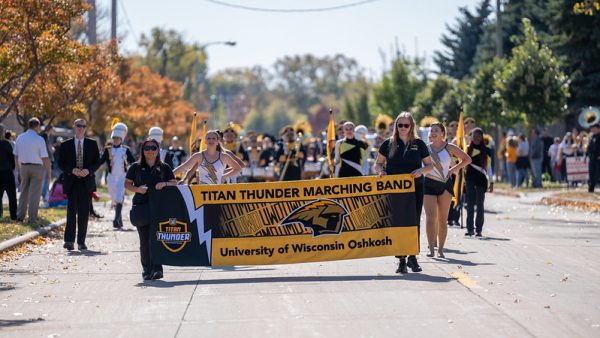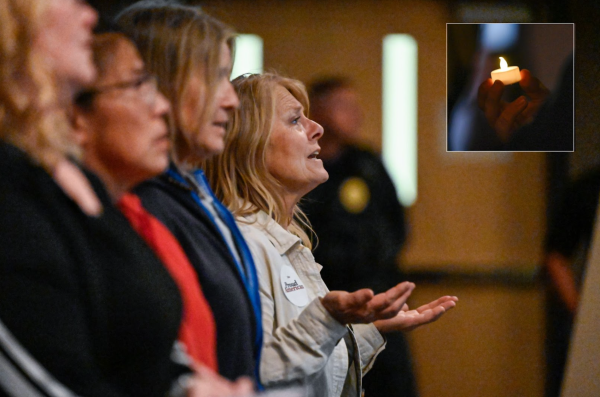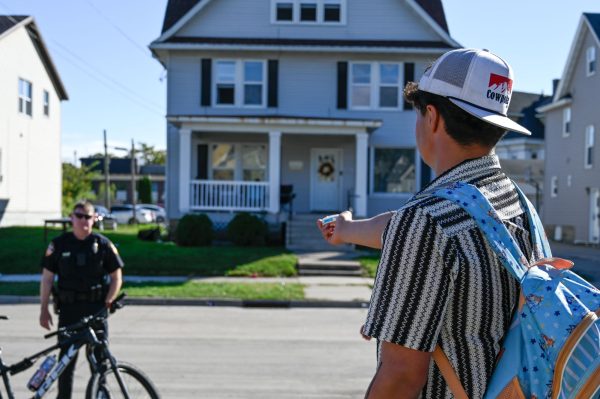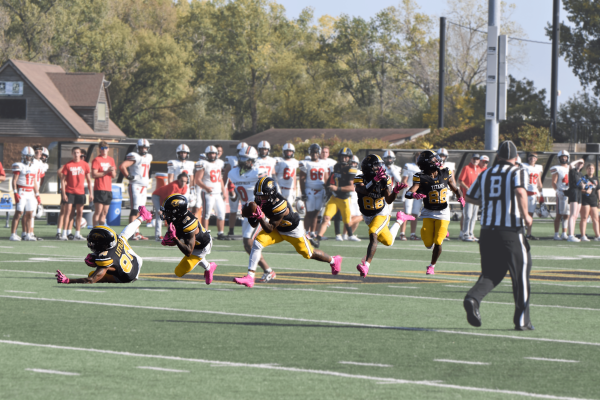UWO business professors earn large overload pay
UW Oshkosh College of Business employees were paid six of the 10 highest overload totals across the UW System in 2017-2018, each earning an average of $40,000 over their salaries, according to Gannett.
According to COB Dean Barbara Rau, the data shown on the Gannett listing is misleading because it includes summer pay and in a few cases, double counts some pay.
“All faculty are capped at $18,000, or 20 percent of base pay, whichever is largest, for overload,” Rau said. “The College of Business has adhered to that policy and only made exceptions in unusual circumstances that were approved by the Provost.”
According to a searchable USA TODAY Network-Wisconsin database, created from UW System salary data, the six UWO College of Business employees include economics professors Chad Cotti and M. Ryan Haley, finance and business law professors Scott Beyer and Robert Kunkel, marketing professor Michael Tippins and Assistant Dean Dale Feinauer. The six made $245,560 in overload pay, ranging from $39,555 to $42,508 each.
Rau said faculty earn overload by teaching additional courses or taking on temporary assignments that are outside their normal duties.
“Many of the overloads in the COB come from faculty who add online or Saturday teaching in our Executive [Master of Business Administration] and in our Consortium MBA programs,” Rau said. “We also have faculty that did business/community consulting through the University or took on temporary administrative assignments.”
Rau said it is normal to give faculty overload in today’s budget climate.
“One might think of this as similar to having a workforce work overtime rather than hiring additional employees,” Rau said.
Rau said there are two good reasons why the COB uses overloads.
“First, it is vastly cheaper than hiring additional College of Business faculty or academic staff,” Rau said. “Second, it allows us to flex staffing levels with rising and falling demand for our programs.”
Rau said some years, there is more need to use overloads than others.
“If we hire additional staff when demand is high, we have to lay them off when demand for our educational services is low, which creates instability,” Rau said. “For example, due to continued budget cuts, we have had to create larger class sizes and reduce the number of sections offered, so I anticipate that next year there will be far less overload pay for COB faculty.”
Kunkel said overload is cheaper than hiring new professors.
“We have six classes that needed to be covered, and it would cost about $150,000 to hire a new professor,” Kunkel said. “By paying current professors overload, it would probably be less than $100,000 to cover those classes.”
Kunkel said the overload is grouped with his regular pay, so it is hard to say which specific activities are part of overload.
“I run the Executive MBA program on Saturdays and have covered extra classes, which counts for overload,” Kunkel said. “I am also the department chair, which may play into overload as well.”
Kunkel said there will be less overload next year due to combining class sections.
“Normally classes would have about 50 students in each section,” Kunkel said. “Next year the classes that would normally have 50 students will be increased to 110 or more depending on budget cuts.”
This story has been updated.









